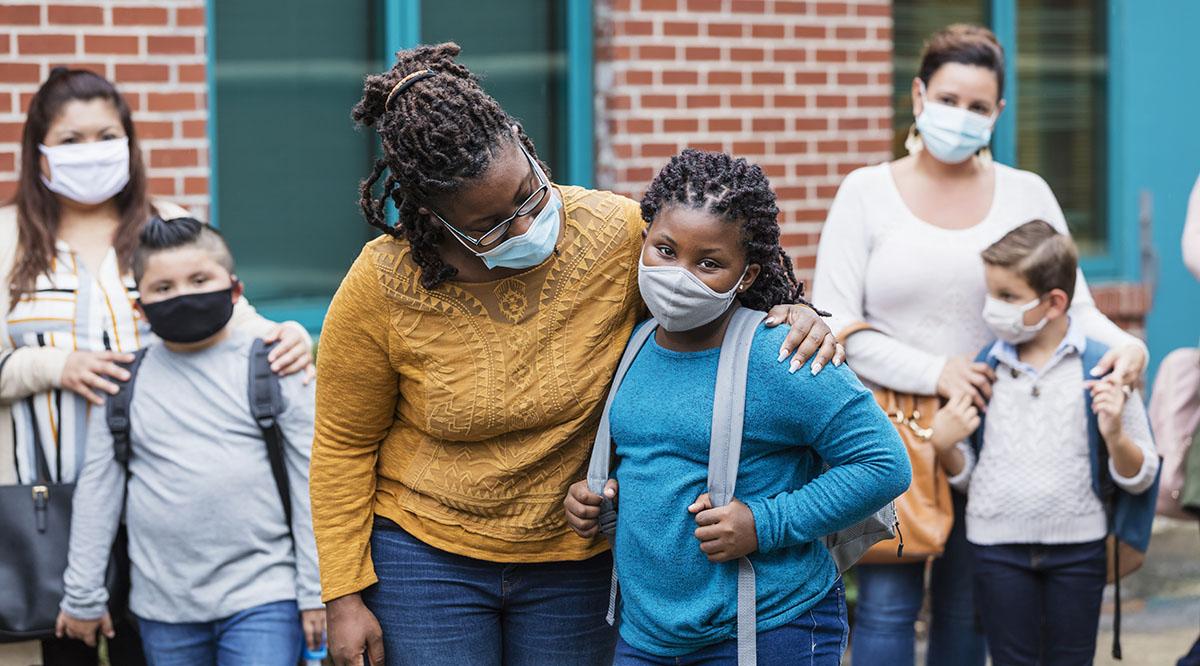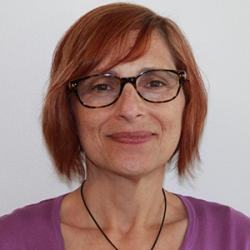Medical care alone cannot keep people healthy. Every aspect of a person’s life — from the food in local stores to the quality of public schools — influences their health. And numerous adverse social factors take a disproportionate toll on the health of marginalized communities.
In a wide-reaching effort to address these inequities, the AAMC (Association of American Medical Colleges) has created the AAMC Center for Health Justice. The center, which launched on Sept. 21, is part of the association’s strategic plan to improve the health of people everywhere.
“The center aims to create a movement for health equity to enable all communities to begin at the same starting line — to have the same access to the resources that help them thrive,” explains founding director Philip Alberti, PhD.
To achieve its goals, the center will conduct research, draft policy recommendations, and create on-the-ground programs. It will bring together leaders from diverse sectors, including health care, business, and government. Above all, it will connect with local communities.
“Listening to local voices is crucial because those closest to injustice are those best able to identify solutions to that injustice,” says Alberti.
Local collaborations are also essential to boosting trust in institutions like hospitals, he notes. And even before its official launch, the center released 10 Principles of Trustworthiness — a particularly important goal as doctors, hospitals, and public health departments work to promote COVID-19 vaccines.
“Listening to local voices is crucial because those closest to injustice are those best able to identify solutions to that injustice.”
Philip Alberti, PhD
AAMC Center for Health Justice founding director
Sustained, meaningful community connections will be a driving force in all of the center’s work. “One of our maxims is that community engagement isn’t just a thing you do, but how you do all things,” Alberti says.
Steps toward health equity
Center leaders have already identified several areas for its initial efforts. These include:
Pinning down numbers
Without data, it’s impossible to know the extent of problems — or which interventions are effective, experts say.
“During the pandemic, it’s been an embarrassment that this country doesn’t have complete race, ethnicity, and language data,” Alberti notes. “And those are just the tiniest tip of an iceberg of data we don’t have. If we are going to find solutions, we desperately need data on people’s social needs and their communities’ social determinants of health.”
In addition to advocating for more data collection, the center will create health equity data collection tools.
One such project will yield a searchable, shareable system that will compile numerous local efforts on a health issue such as diabetes — from medical students’ volunteer clinics to a mosque’s health-education outreach — to help spark local, multisector collaboration and monitor efforts’ outcomes.
Addressing maternal health inequities
In the United States, some pregnant people are much more likely to die than others. In fact, American Indian/Alaska Native and Black people experience two to three times the rate of pregnancy-related deaths as White people — and other disparities abound.
“Inequities in maternal mortality and morbidity are so egregious, it was obvious that this needed to be an important focus for the center,” says Alberti.
The AAMC Maternal Health Incubator Project, which is expected to launch in 2022, will convene such varied stakeholders as hospitals, federal agencies, and local nonprofits, including those that address issues like food access. The goal is to leverage a range of tactics — medical education, clinical care, advocacy, and more — to combat maternal health inequities.
“A lot of work is already being done in this area, including by the AAMC,” Alberti explains. “We want to fill a specific niche of uniting multiple sectors and pulling together all this work in a coordinated, data-driven way.”
Creating “All In for Health Equity”
In its first year, the center will launch one major nationwide campaign: "All In for Health Equity."
“The topic of ‘All In for Health Equity’ currently is a blank slate. Is it environmental justice, voting rights, food access, criminal justice — who knows? We are turning to communities to help decide,” says Alberti. “We want to show that we are serious about codeveloping projects.”
Among the ways the center will collect guidance for the campaign is nationwide polling. It recently asked a representative group of more than 2,200 people from a range of backgrounds a compelling question: If you could invest in one area to improve your community’s health, what would it be? Among fields outside of health care, housing, career services, and environmental safety received the most votes.
The center will also work with the AAMC Collaborative for Health Equity: Act, Research, Generate Evidence (CHARGE) — a group of interprofessional, community-engaged health equity champions — to determine a possible focus. And it will hire eight to 10 diverse local and national leaders representing multiple sectors to aid in the process.
Center leaders intend to bring that sort of open-mindedness and collaboration to all its future decisions.
“Our process is very different from that of other centers. We want authentic power-sharing,” says Alberti.
“That approach is a lot scarier because we will have less control, but it reflects an understanding that the center’s expertise is necessary but not sufficient for health equity. It’s all of our assets together that complete the whole.”

